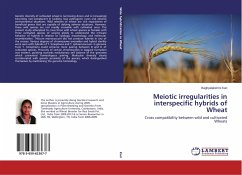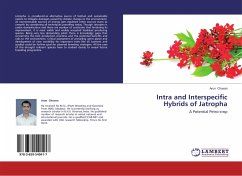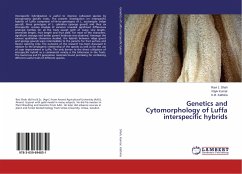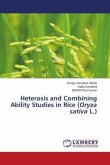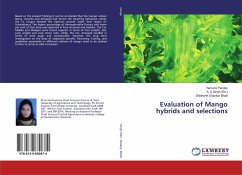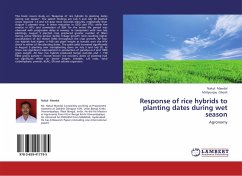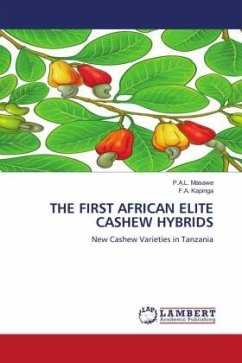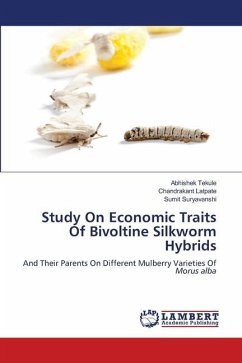Genetic diversity of cultivated wheat is narrowing down and is increasingly becoming non-complacent in tackling new pathogenic races and adverse environmental situations. Wild relatives of wheat are rich repositories of beneficial genes that are capable of defying adverse situations. However, these wild species are not readily crossable with cultivated ones. The present study attempted to cross three wild wheat species as females with three cultivated species of varying ploidy to understand the intricate behavior of hybrids in relation to cytology, morphology, and molecular recombination. Triticum monococcum did not produce hybrids in any of the crosses. Various degrees of chromosome anomalies and hybrid sterility were seen with hybrids of T. timopheevi and T. sphaerococcum. G genome from T. timopheevi could enhance more pairing between B and D of cultivated species. Precocity of certain chromosomes in laggard formation was evident, pointing towards evolutionary self balance of the genomes which prevented homeologous pairing. Molecular diversity clearly corroborated with genetic proximity of the species, which distinguished themselves by maintaining the genome homeology.
Bitte wählen Sie Ihr Anliegen aus.
Rechnungen
Retourenschein anfordern
Bestellstatus
Storno

